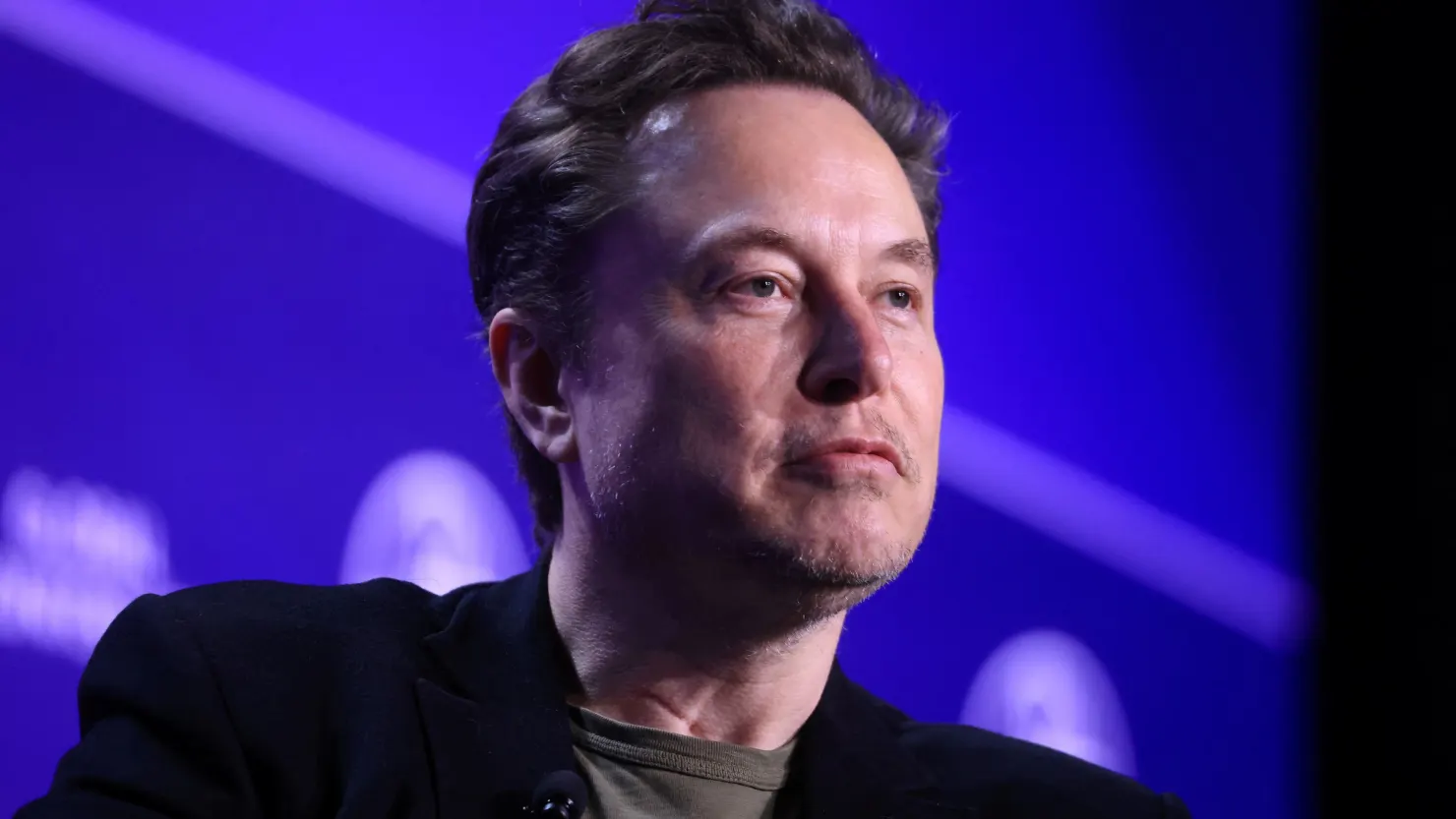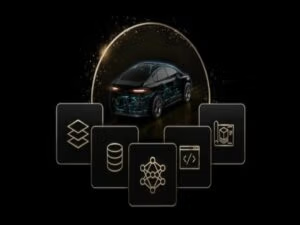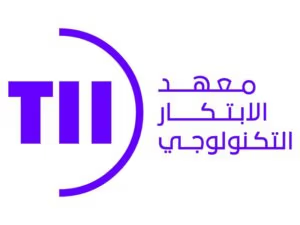Elon Musk’s recent triumph over Mukesh Ambani in India’s satellite spectrum debate could ignite a fierce competition between the two billionaires, with the potential for a price war as Musk’s Starlink eyes entry into India’s massive telecom market. India’s decision to allocate satellite spectrum administratively, bypassing an auction process, has opened the door for Starlink, which aims to provide affordable satellite broadband services, challenging Ambani’s dominance in the country’s telecom sector.
Starlink’s Entry: A Game Changer?
India’s government announced it would assign satellite spectrum administratively, a move that directly opposes Ambani’s push for an auction system. Musk, who had criticized the auction model proposed by Ambani’s Reliance Jio, hailed the decision as a win for competition. This ruling allows Starlink, the satellite broadband arm of Musk’s SpaceX, to move forward with its plans to enter the Indian market, offering a low-latency internet service powered by its 6,400 operational satellites.
The stage is now set for a high-stakes battle between two of the world’s most prominent entrepreneurs. Ambani’s Reliance Jio, India’s largest telecom operator, has long enjoyed market dominance, but Starlink’s potential entry poses a significant threat, especially in broadband services. After investing $19 billion in airwave auctions, Ambani is concerned that Starlink’s aggressive pricing strategy could attract both corporate and individual customers, eroding Reliance’s market share.
Pricing Pressure: The Next Frontier
With Starlink’s vast satellite network already in place, the company is well-positioned to offer competitive pricing without the need for additional satellite investment. Satellite industry expert Tim Farrar predicts that Starlink could price its services aggressively, similar to its strategy in Kenya, where the company offers internet at $10 per month—a fraction of the $120 price tag in the U.S. By contrast, Reliance Jio’s fibre-based broadband service in India also costs around $10 per month, with free routers on long-term plans, leaving Ambani vulnerable to price competition.
The price war between Musk and Ambani could reshape India’s telecom landscape. While Starlink is focused on capturing corporate clients and underserved rural areas, Reliance holds a 30% share of the country’s wired broadband market. But the entry of Starlink, which offers unlimited internet data plans and future plans for “direct to cell” services via its satellite constellation, could create a disruptive shift, particularly in areas lacking high-speed internet infrastructure.
A Battle Beyond Pricing
Beyond the immediate threat to Ambani’s broadband business, the rivalry could extend into data and voice services as technology evolves. Musk’s Starlink has announced plans to offer global “direct to cell” services in the coming years, posing an even greater challenge to traditional telecom players like Reliance. With India being the world’s second-largest telecom market, home to over 42 million wired broadband users and 904 million telecom customers, the stakes are enormous.
However, some experts argue that the fears surrounding Starlink’s impact on terrestrial networks might be overstated. Gareth Owen, associate director at Counterpoint, points out that terrestrial networks will likely remain more cost-effective, and businesses may not fully switch to satellite-based solutions. For now, Reliance Jio’s established infrastructure and customer base offer a strong competitive advantage, but the increasing presence of satellite broadband could pressure Jio to innovate and adapt to new market conditions.
The Road Ahead: A Telecom Showdown
As Starlink pushes ahead with plans to launch in India, Ambani is not backing down. Reports suggest that the Indian billionaire is still lobbying the government to auction satellite spectrum, seeking what he calls a “level playing field.” In a cheeky response to concerns about Ambani’s resistance, Musk quipped on social media that he would call Ambani and ask if Starlink could be allowed to compete in India’s telecom market.





